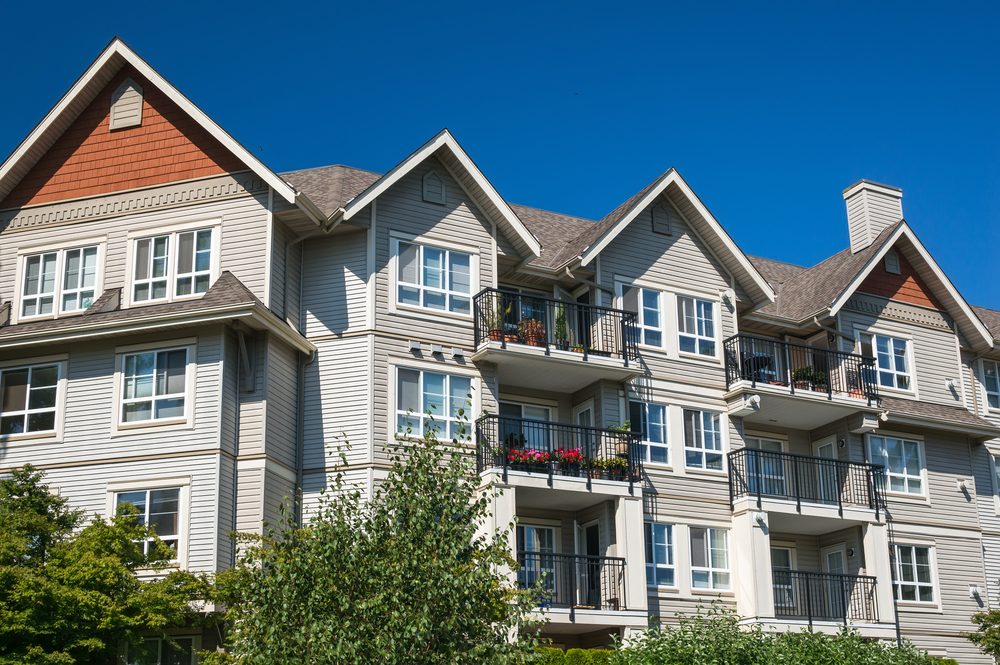Navigating Property Regulations and Compliance in Living Communities
by rcpmanagemedev, June, 15 2023

Living communities, whether they are apartment complexes or gated neighborhoods, are subject to a variety of property regulations and compliance standards. These regulations can be complex and often require strict adherence to avoid potential legal issues. As a resident or property owner, it is important to understand the regulations and compliance requirements to ensure that you are operating within the bounds of the law. In this blog post, we will explore some of the most common property regulations and compliance standards in living communities.
Building Codes
Building codes are regulations that govern the construction, design, and safety of buildings. These codes are set by local and state governments and must be adhered to by property owners and managers. Building codes cover a wide range of areas, including electrical and plumbing systems, fire safety, and structural integrity. Property owners and managers must ensure that their properties comply with all relevant building codes, and failure to do so can result in legal and financial consequences.
Zoning Regulations
Zoning regulations are rules that determine how land in a community can be used. These regulations are established by local governments and can impact how property owners can use their land. For example, some areas may be designated for commercial use only, while others may be reserved for residential properties. Property owners must ensure that they are in compliance with all zoning regulations to avoid potential legal issues.
Fair Housing Laws
Fair housing laws are regulations that prohibit discrimination against tenants and potential tenants on the basis of their race, color, religion, sex, national origin, disability, or familial status. These laws apply to all aspects of housing, including advertising, leasing, and maintenance. Property owners and managers must comply with fair housing laws to avoid legal issues and ensure that all tenants are treated fairly.
Environmental Regulations
Environmental regulations are laws that govern how properties impact the environment. These regulations can cover a wide range of areas, including air and water quality, waste disposal, and hazardous materials. Property owners must ensure that they are in compliance with all relevant environmental regulations to avoid potential legal and financial consequences.
Navigating property regulations and compliance standards in living communities can be a complex process. Building codes, zoning regulations, fair housing laws, and environmental regulations are just a few of the areas that property owners and managers must be aware of. Failure to comply with these regulations can result in legal and financial consequences. As a resident or property owner, it is important to stay informed about the regulations and compliance requirements in your community to ensure that you are operating within the bounds of the law.